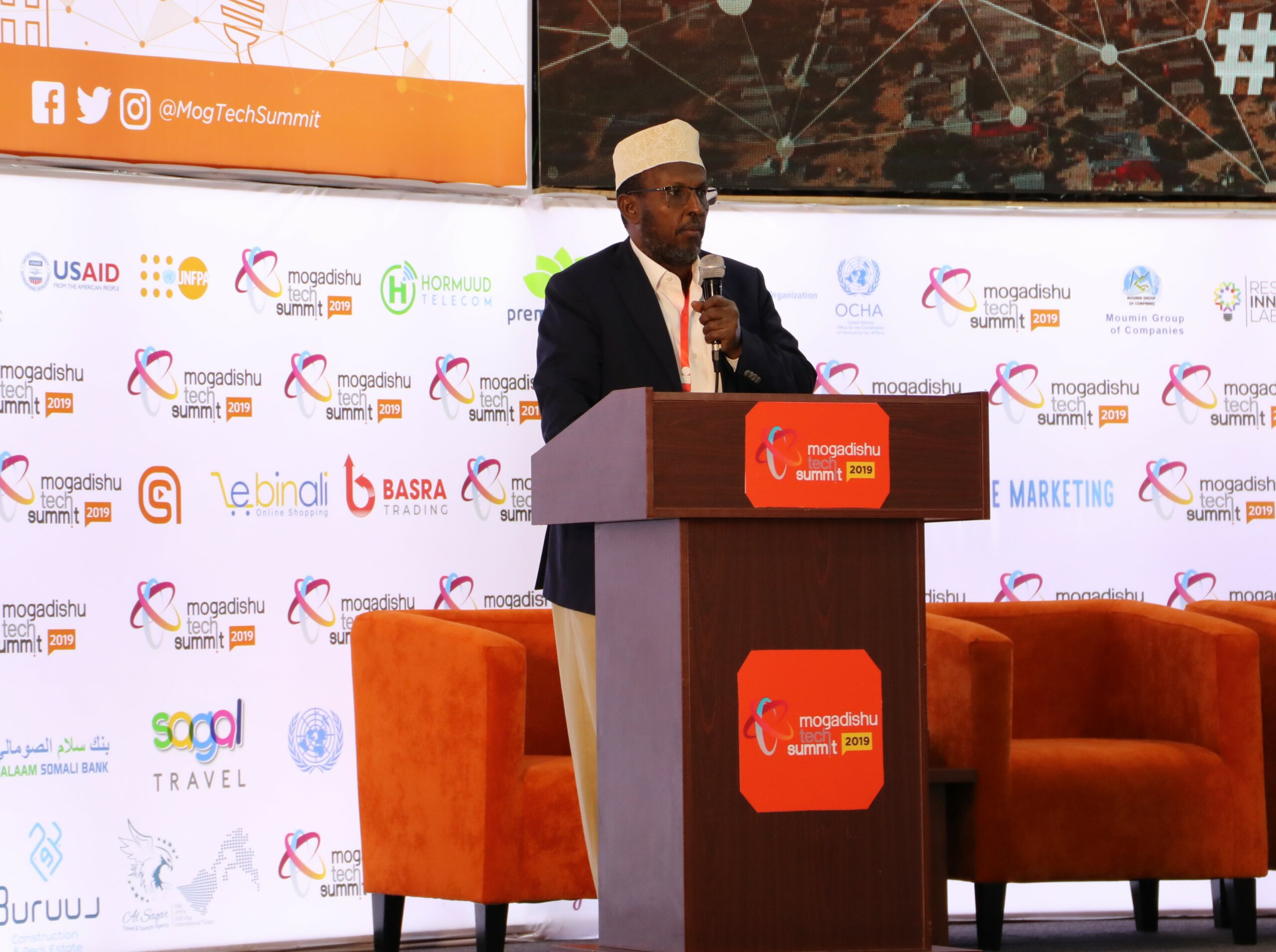advertisement
Empowering The Last Mile: A Collaborative Path To Financial Inclusion In Africa

In the dynamic landscape of Africa’s financial ecosystem, mobile money stands as a beacon of hope and opportunity. It has undeniably made significant inroads in integrating the economically disadvantaged into the formal economy, fostering an environment where accessibility to essential services and business opportunities is not a luxury, but a norm.
In Somalia, services like EVC Plus have become instrumental, free at the point of use, and particularly beneficial to last-mile communities. Our Humanitarian Portal is a testament to this, a live wire connecting aid to the needy, efficiently and effectively.
Yet, a crucial piece of the puzzle remains absent. While mobile money is the door, the skills to utilise it effectively are the key. In Sub-Saharan Africa, a significant proportion of account holders find themselves navigating this complex landscape with limited assistance, especially women. In Somalia, poor digital financial literacy is a contributing factor to rampant aid skimming, which underscores the urgency to address this gap.
advertisement
At Hormuud Telecom, we recognise that businesses, particularly those in the tech and financial sectors, are not just service providers but custodians to our communities. Our commitment to financial and digital literacy is unwavering, reflected in our robust internal mechanisms to combat fraud and our investment in customer education. Our compliance with GSMA mobile money guidelines and contribution to the financial literacy toolkit underscore our dedication to enhancing data protection and financial literacy.
We even have our own internal redress mechanism for fraud serving thousands of customers per year. Our 20,000 staff who work at our 500 outlets are on the front line, assisting customers in preventing and addressing fraud and financial crimes.
However, this is a complex challenge, one that goes beyond the capabilities and resources of the private sector. Low literacy levels, nascent educational infrastructure, and inadequate judicial resources to enforce laws around fraud all play a part. The lack of national identification systems exacerbates the challenge of compliance with Know Your Customer (KYC) protocols too, which could make it easier to follow up on fraud complaints.
advertisement
Financial inclusion is not just about providing access but empowering individuals to leverage these financial tools for sustainable economic improvement. It is a call to arms that echoes the sentiments of shared responsibility. Governments, the private sector, and International Non-Governmental Organizations (INGOs) must convene, with a shared vision and collaborative spirit, to strengthen the impact of mobile money.
It is a journey of collaboration, where policy reforms, educational initiatives, and infrastructural development converge to create an environment where financial inclusion is holistic and empowering. It is about transforming passive recipients into informed, critical consumers who are not just participants in the economic landscape but active contributors to its growth and development.
In this collective endeavour, every stride counts. Every policy reformed, every individual educated, and every infrastructure developed, is a step closer to a Somalia where financial inclusion is not a campaign but a reality, and economic empowerment is not an aspiration but a lived experience for all, including those in the last mile.
advertisement
The promise of mobile money, and indeed, the broader financial ecosystem, will only be fully realised when the hands that hold the mobile devices are equally equipped with the knowledge and skills to navigate the financial terrain with confidence and competence.
This article has been written by Ahmed Mohamud Yusuf, CEO, Hormuud Telecom